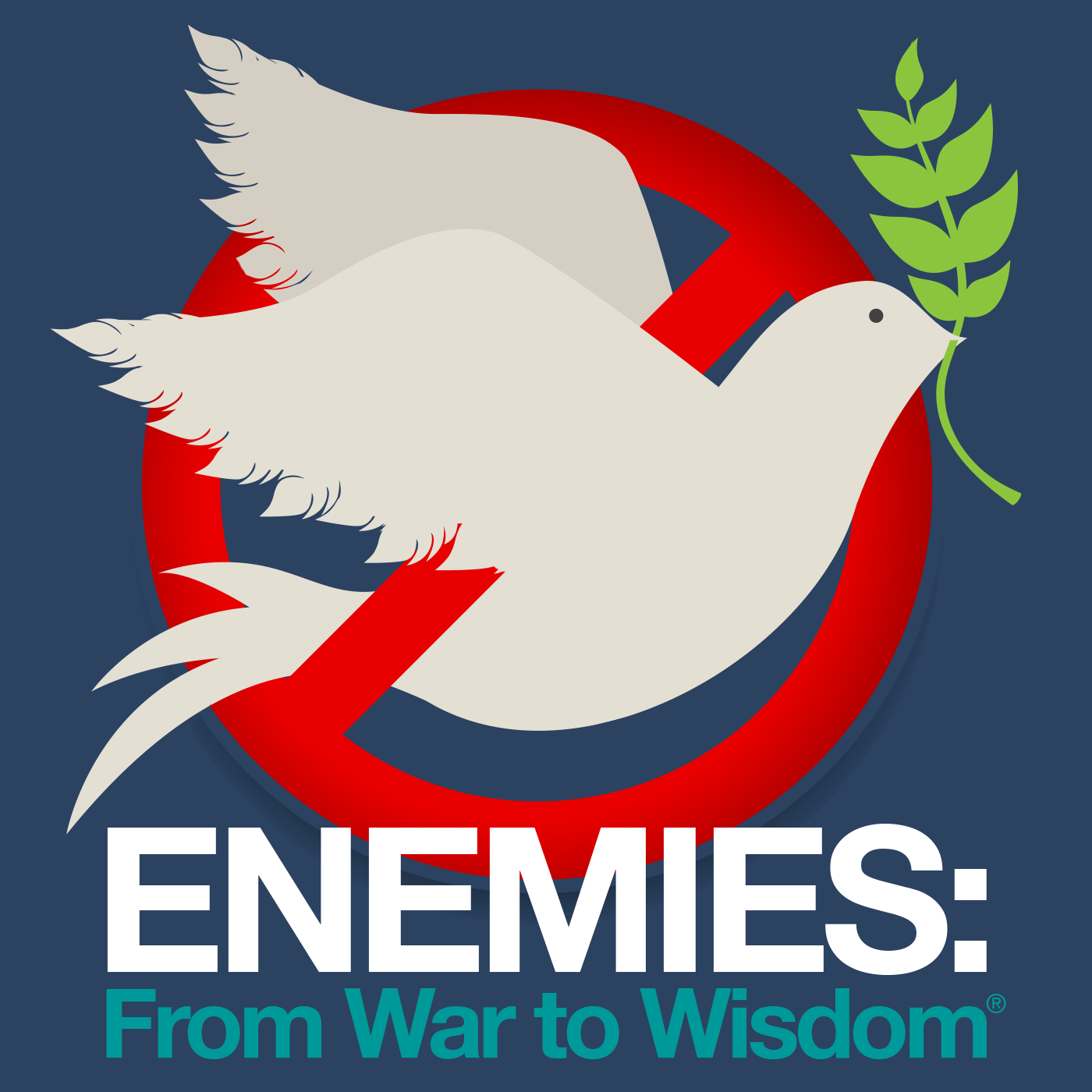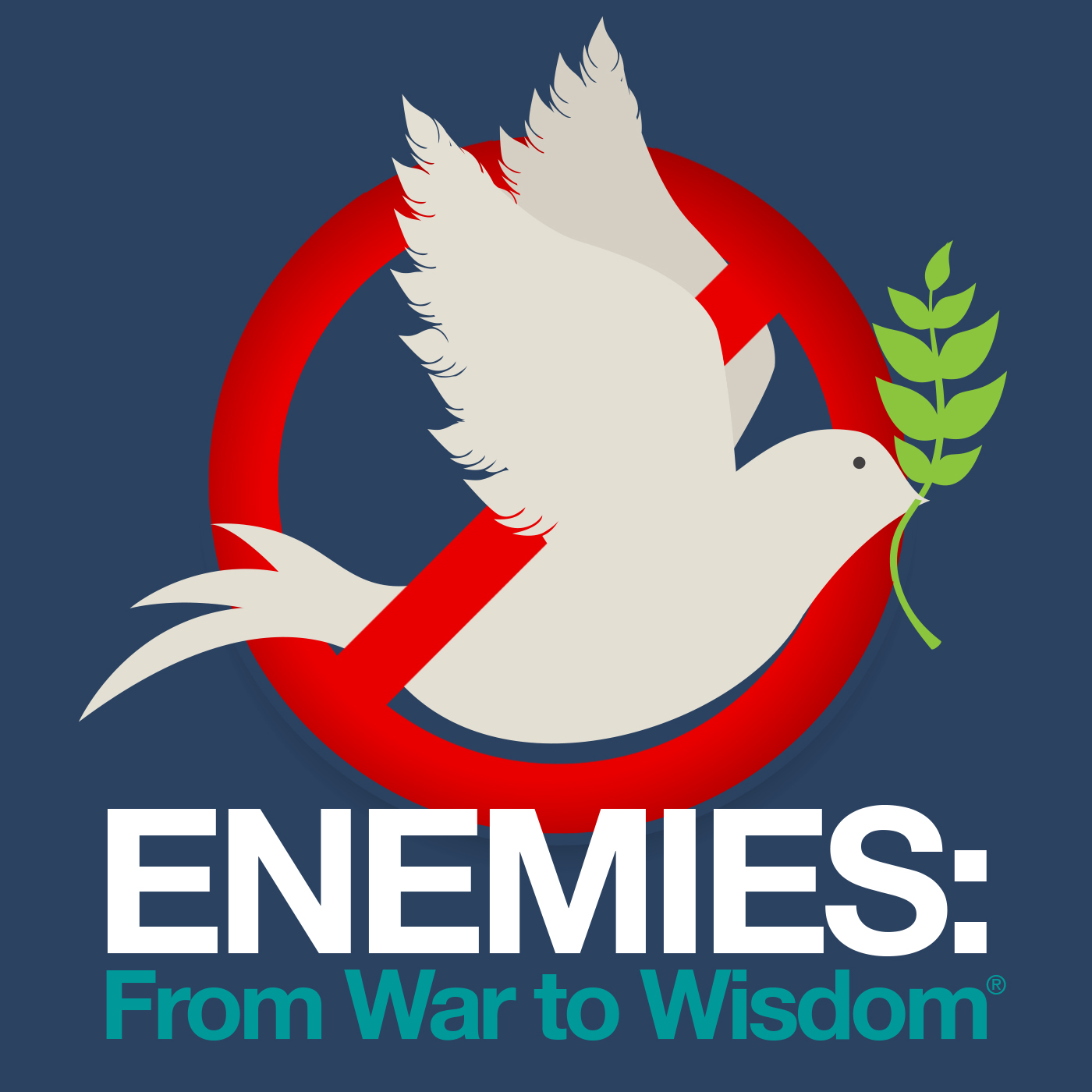You have heard the saying “No good deed goes unpunished” and you know there is a wisdom in it. But what is that wisdom? In today’s podcast, we are going to talk about a human condition that occurs in families and with friends: There is an unequal need or dependency between supposed equals (e.g. a grown-up child who needs to live with parents) and the dependent party becomes very resentful and ungrateful. The providing party is hurt and angry at the lack of recognition of generosity. This is a classic human set-up in which the emotion of envy plays a big role. The dependent person feels and believes that the providing person has “so much more” and “could give so much more” and so, seems to be stingy or ungenerous. Think about the traditional patriarchal marriage in which the woman is financially and perhaps emotionally dependent on her husband. No matter how generous he might be, she feels cheated of her freedom to make decisions about having and spending money and she feels angry that she is dependent on him. In this episode, we will talk about the natural limits of human gratitude and how we can better cope with those limits if we face them squarely.

We all recognize Real Dialogue when we encounter it: people speak only for themselves and listen, really listen, to others. In times of conflict,...

In this podcast, we talk about the philosophy and meaning behind our logo of a white peace dove that is caught in a red...

In this final episode, Eleanor and Polly look back over their time together in doing the podcast and they assess where humanity seems to...